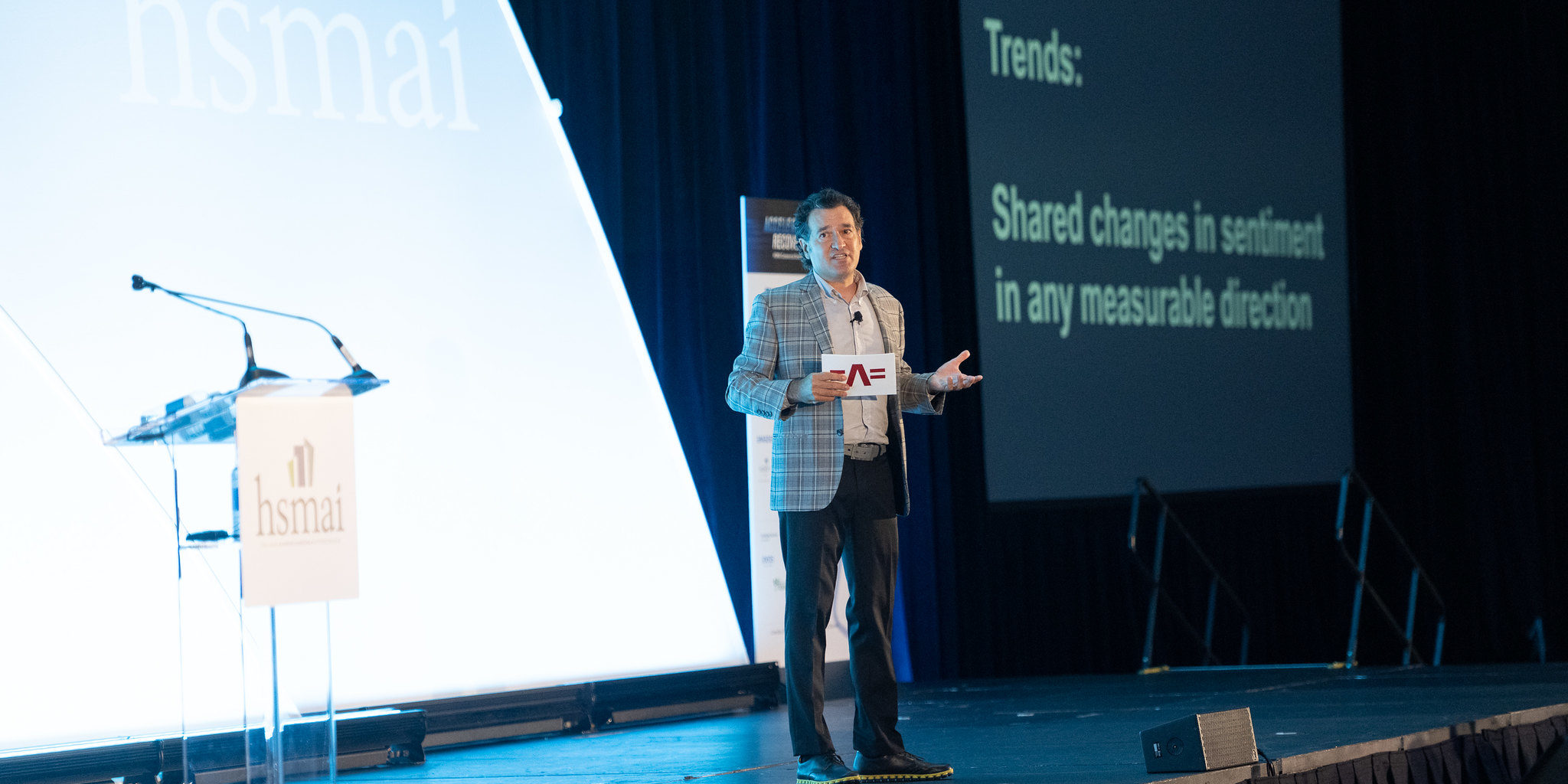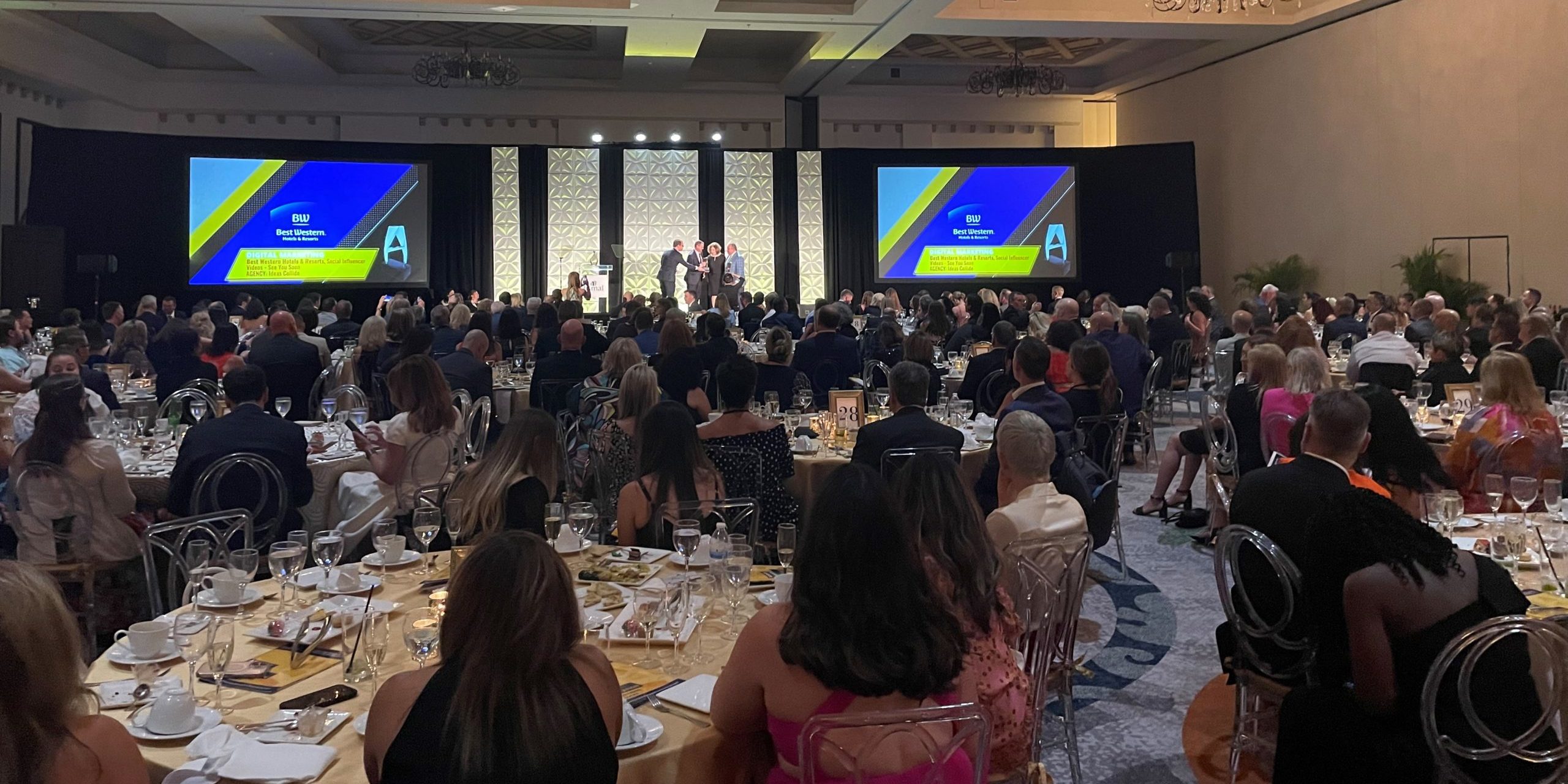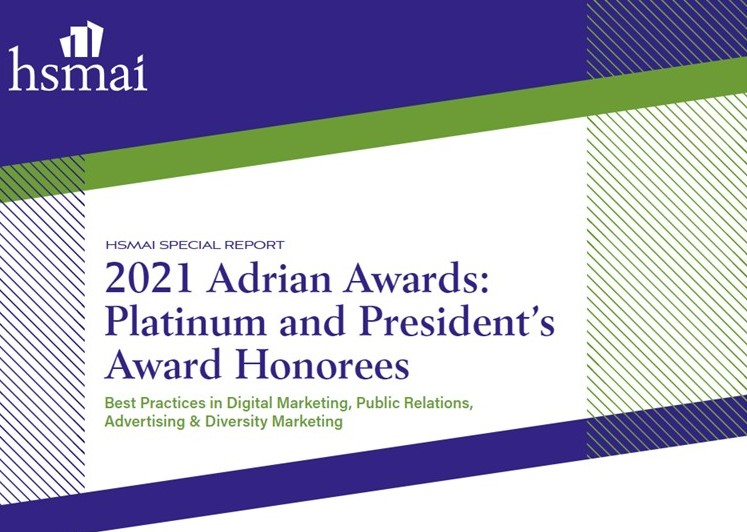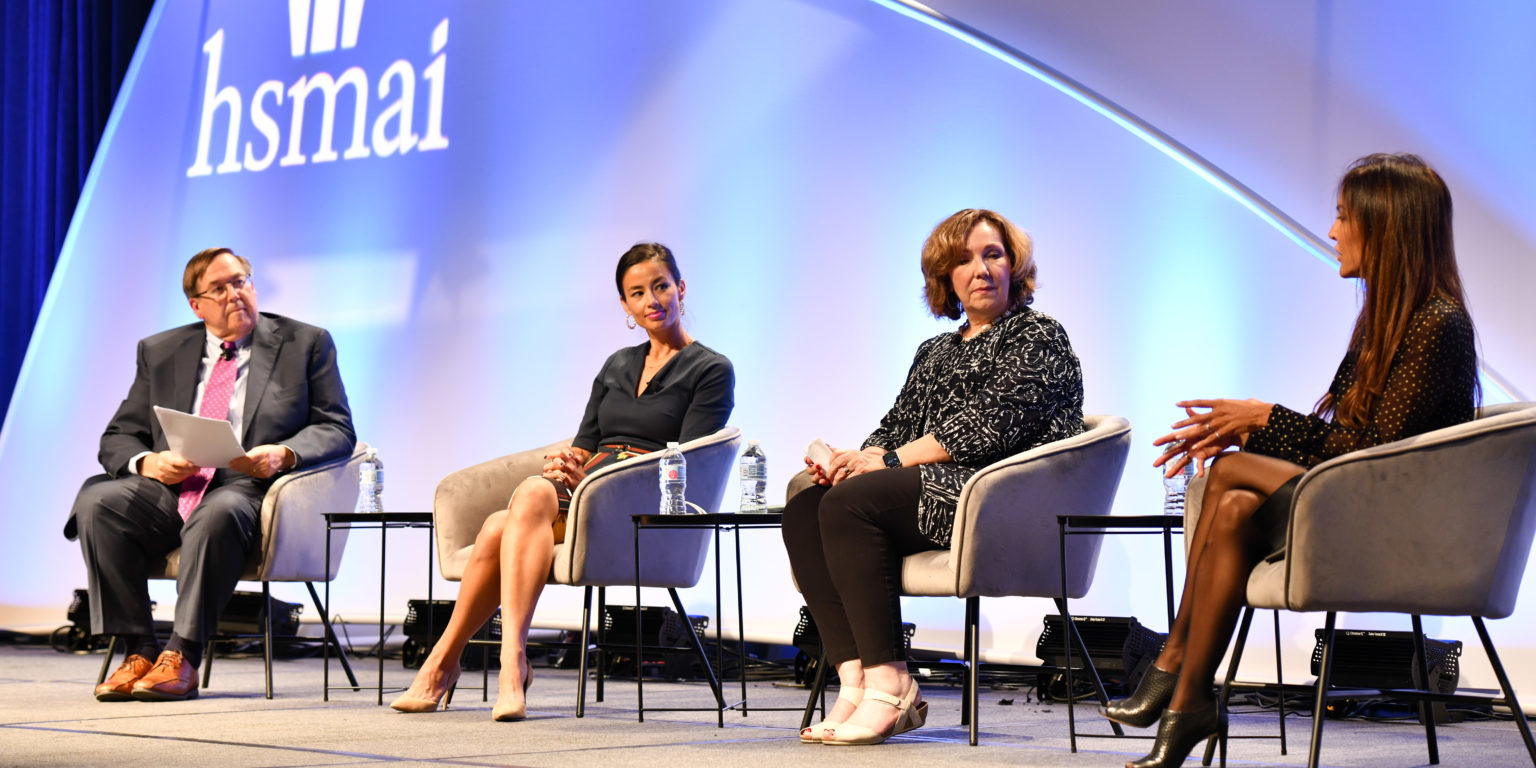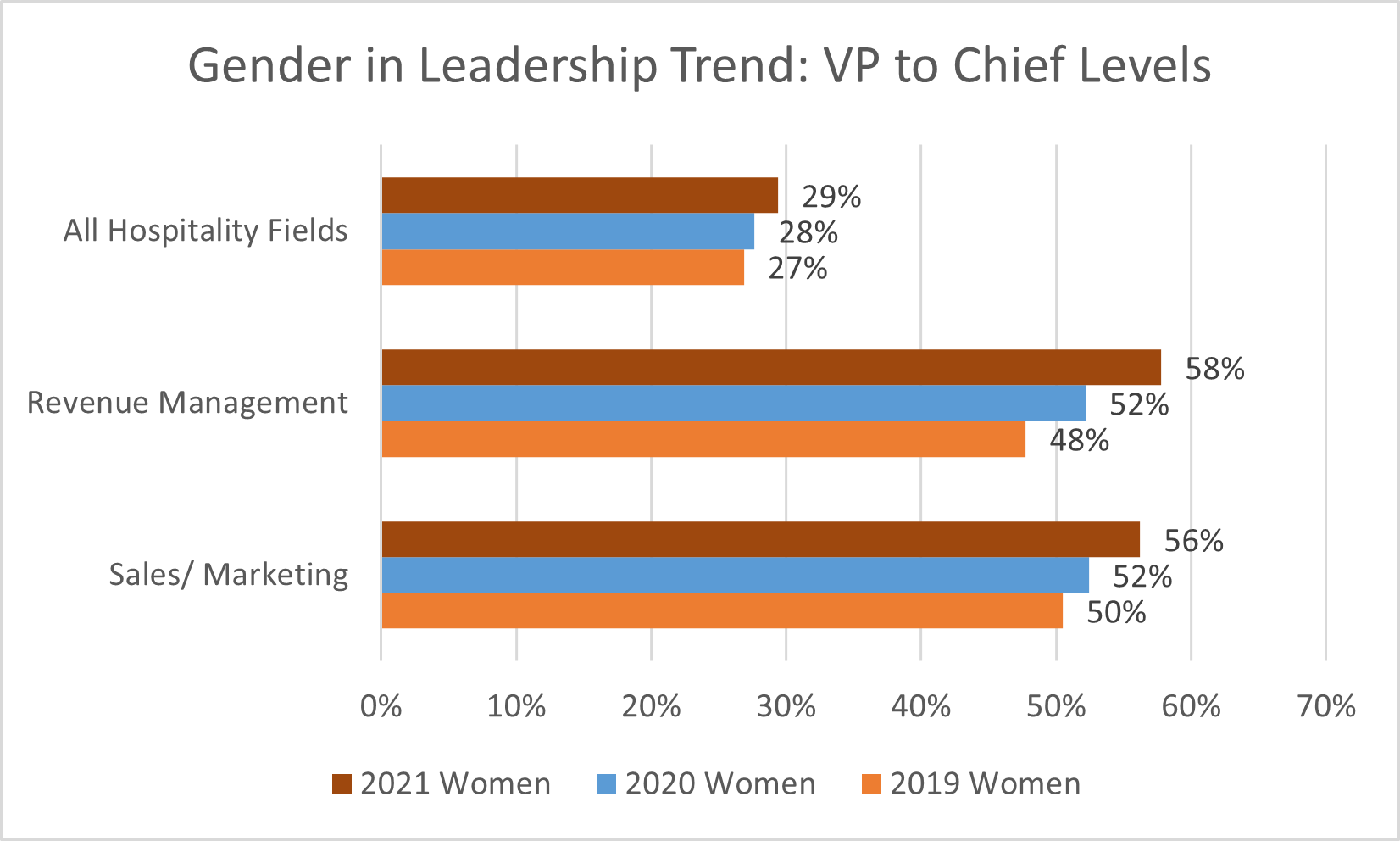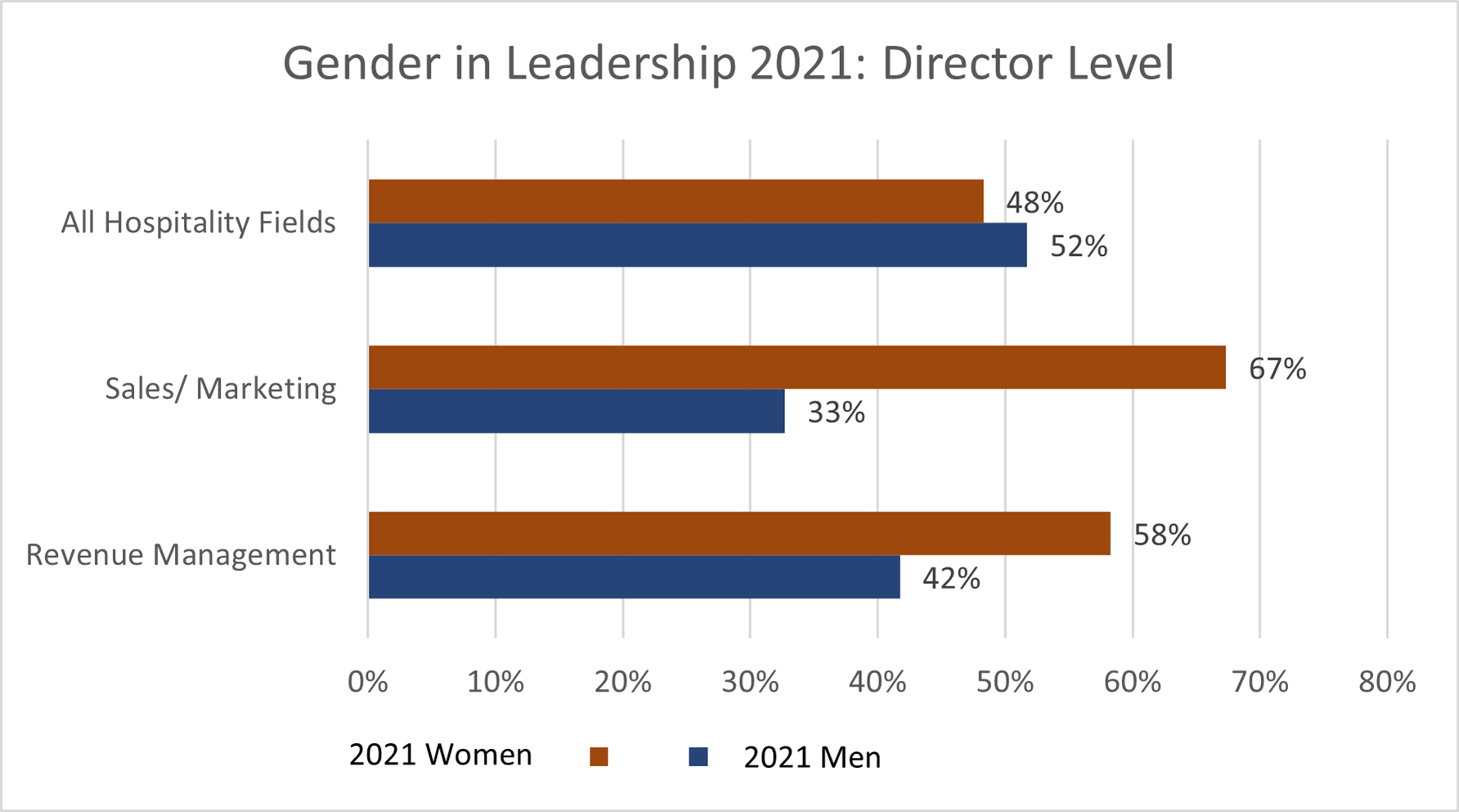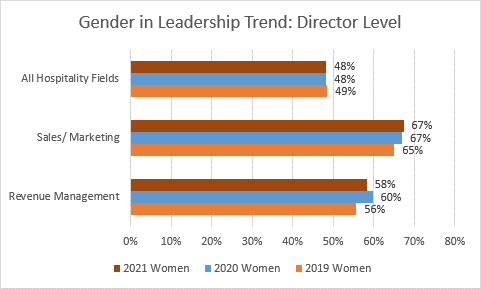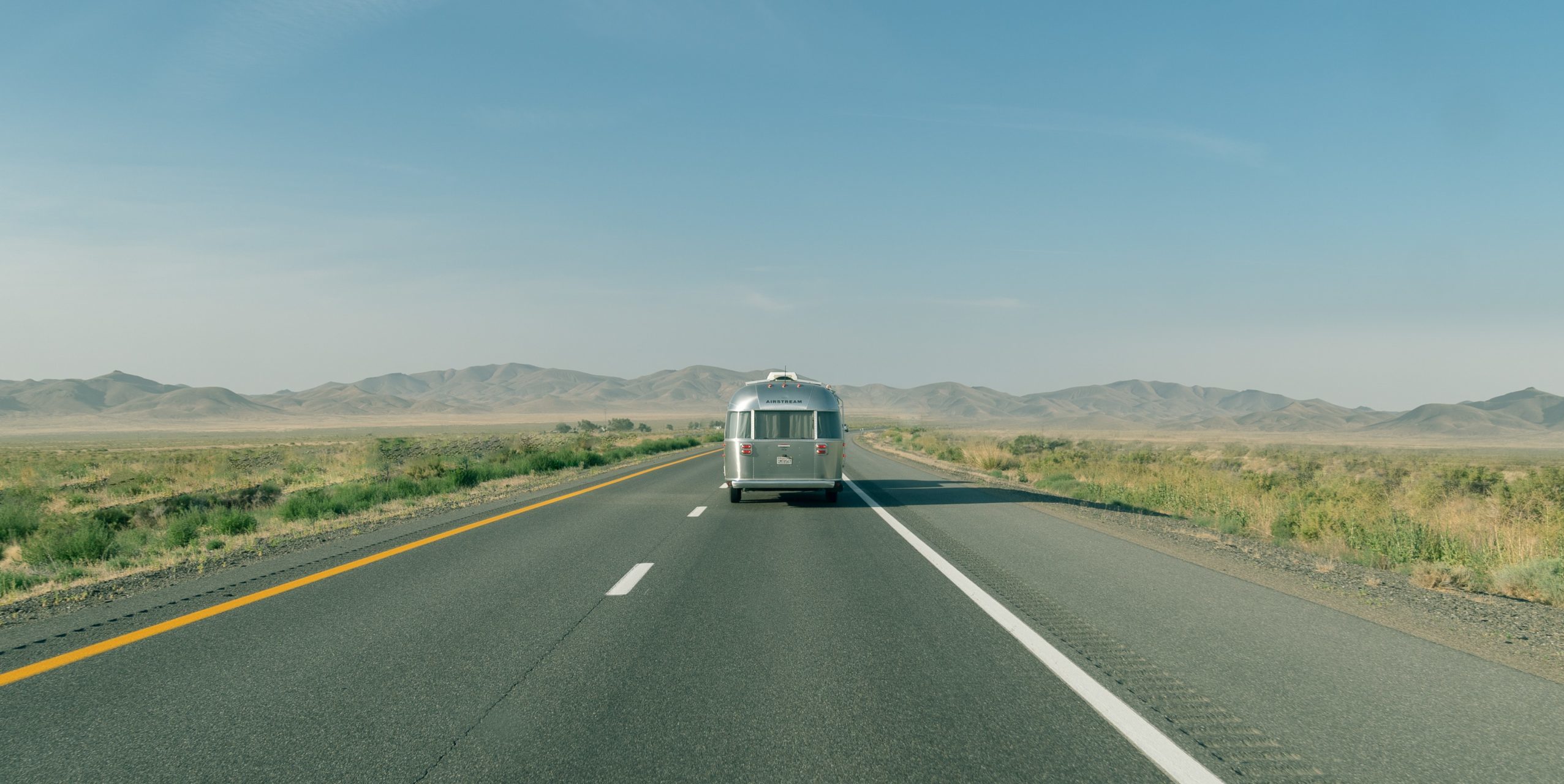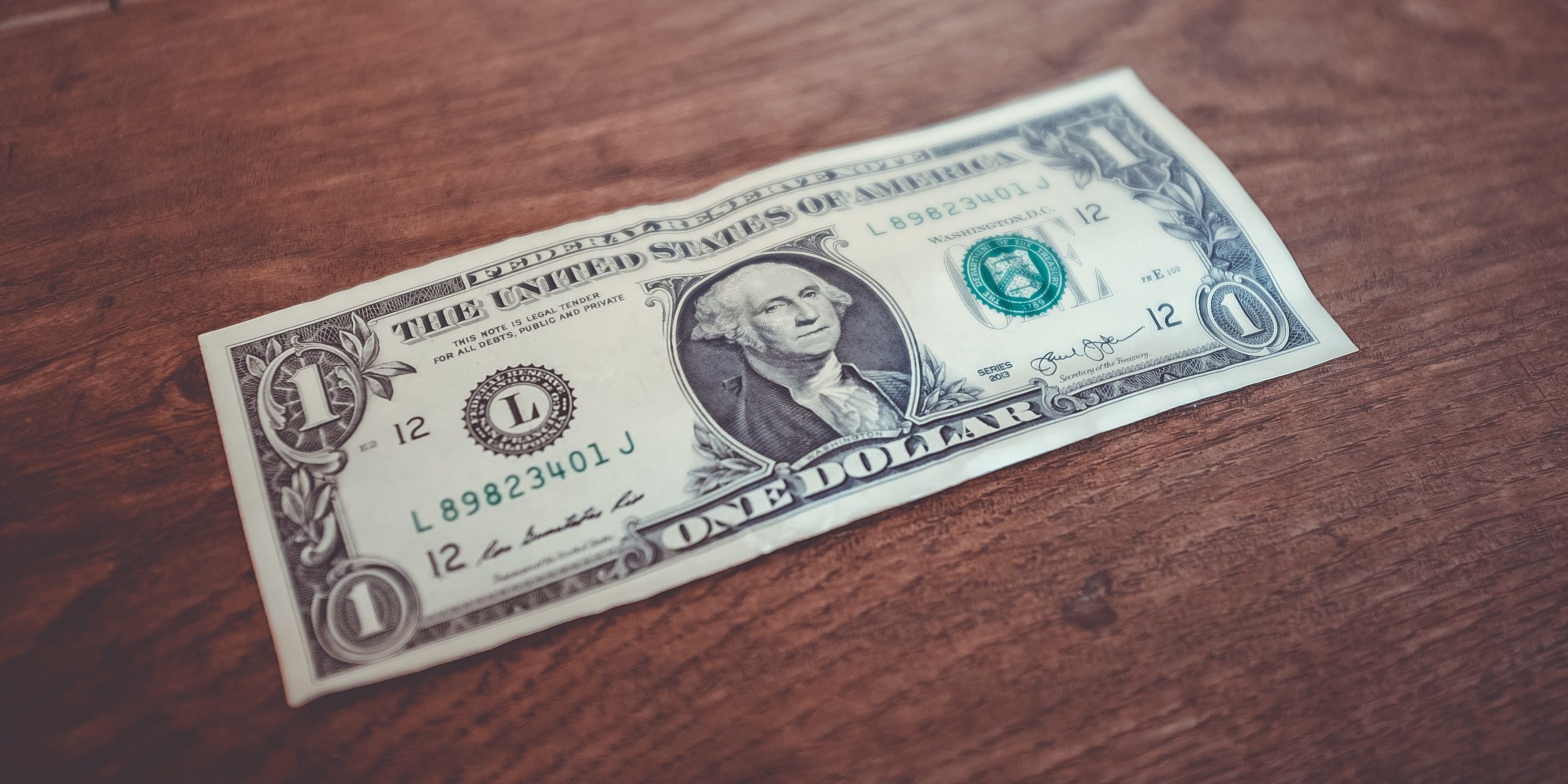According to the latest Longwoods International tracking study of American travelers, 93% of them have trips planned in the next six months, the highest level in three years. A fifth of them have trips planned within a month, a quarter will travel in one to two months and almost a third have travel planned in three to five months. Insights for HSMAI from Longwoods President & CEO Amir Eylon:




